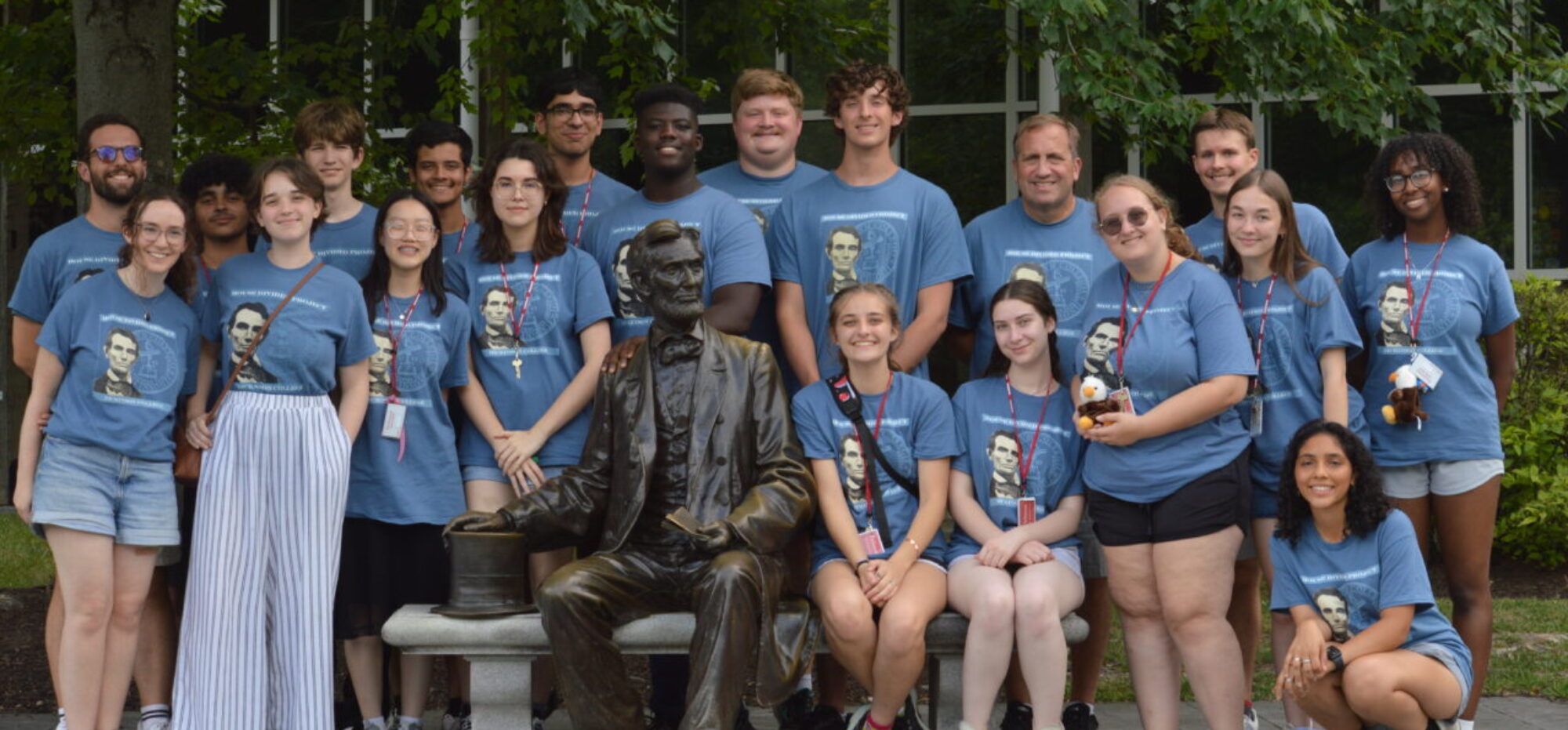Learning Objectives
In this history class, students will learn to:
1. Develop historical perspectives
2. Express themselves clearly
3. Locate relevant information
4. Identify key historical issues and debates
5. Support plausible historical arguments.
Attendance & Participation
Class attendance and participation are both required. Participation involves both asking and answering questions.
Here are some examples of thoughtful questions from the Aristotle text assignment:
- When Aristotle labeled slavery as “natural and expedient,” did he mean that it was good or just an inevitable part of human existence? (Charlotte Goodman)
- Aristotle described different types of slavery but did not mention race. Was slavery in Ancient Greece different from slavery in the United States? (Jordyn Ney)
- Aristotle wrote that the “rule … of the mind and the rational element over the passionate” was both “natural and expedient.” Then why do so many of us today prefer leaders who are more passionate than rational? (Nick Rickert)
Electronics
No personal electronic devices such as phones, tablets or laptops can be used in seminar except in rare cases with special permission in advance from the faculty members. Students may use electronics during the afternoon workshops when authorized by staff.
Accommodating Students with Disabilities
Dickinson values diverse types of learners and is committed to ensuring that each student is afforded equitable access to participate in all learning experiences. If you have (or think you may have) a learning difference or a disability – including a mental health, medical, or physical impairment – that would hinder your access to learning or demonstrating knowledge in this class, please contact Prof. Pinsker.
NOTE: this seminar will not involve any quizzes, tests or handwritten assignments.
Privacy
All student course work can be kept entirely private using the publishing protocols of WordPress. We have set the templates for all student websites to discourage search engine indexing. Students may also set posts or pages as PRIVATE so that only faculty and other seminar staff can view the materials.
Plagiarism
See the Handout on Plagiarism at the Methods Center as well as the blog post on Plagiarism 2.0
From Dickinson College Community Standards (adopted 2006):
To plagiarize is to use without proper citation or acknowledgment the words, ideas, or work of another. Plagiarism is a form of cheating that refers to several types of unacknowledged borrowing.
- The most serious degree of plagiarism involves the wholesale and deceptive borrowing of written material from sources such as published authors, web sites, other students, or paper-for-hire services. Students who submit papers or significant sections of papers that they did not write themselves are committing this type of violation.
- Another serious degree of plagiarism involves less wholesale but still repeated and inappropriate borrowing from outside sources. In some of these cases, students borrow several phrases or sentences from others, and do so without both quotation marks and proper attributions. In other cases, students secretly collaborate on assignments in defiance of specific prohibitions outlined by their instructor.
- Finally, there is a degree of plagiarism that involves the borrowing of specific words or phrases without quotation marks. In such cases, citations may be present, but they are inadequate. This problem most commonly occurs when students paraphrase sources by attempting to change a few words in a sentence or brief series of sentences. It can also occur when students rely too heavily on parents or friends for ideas or phrases which they mistakenly claim as their own.
